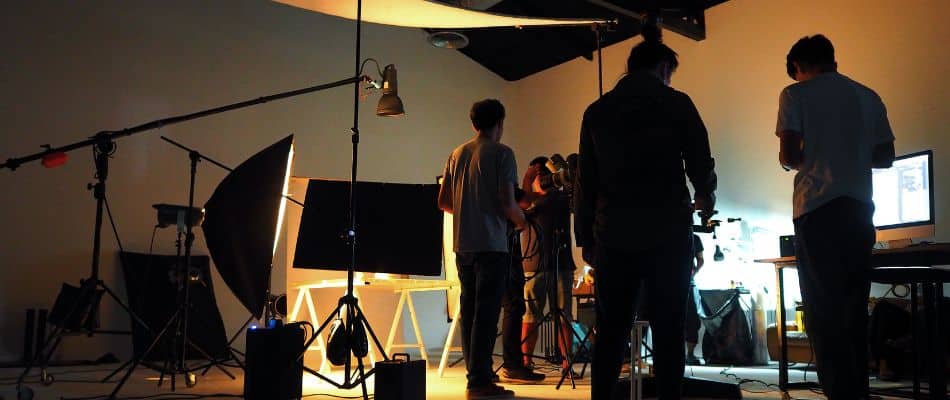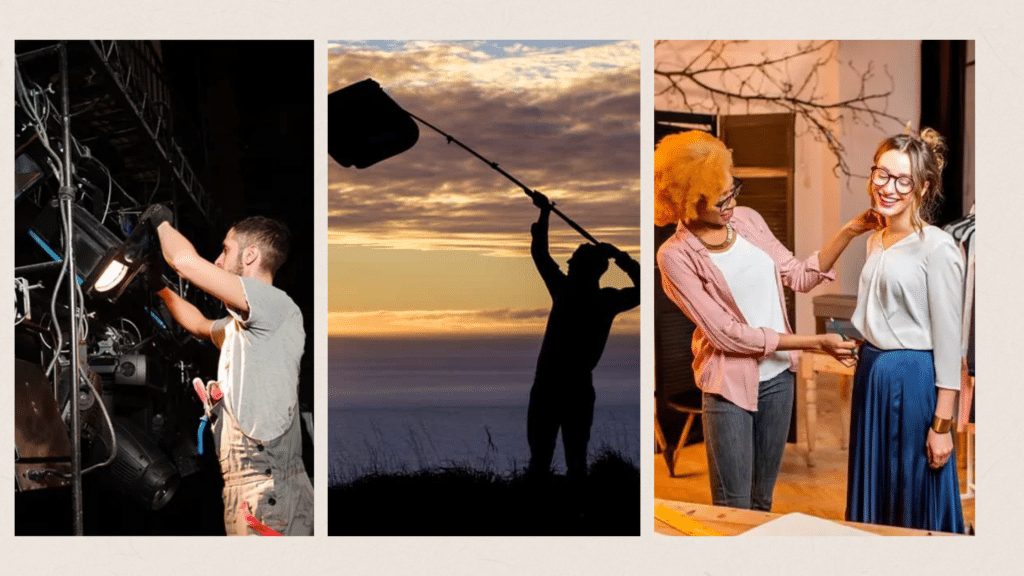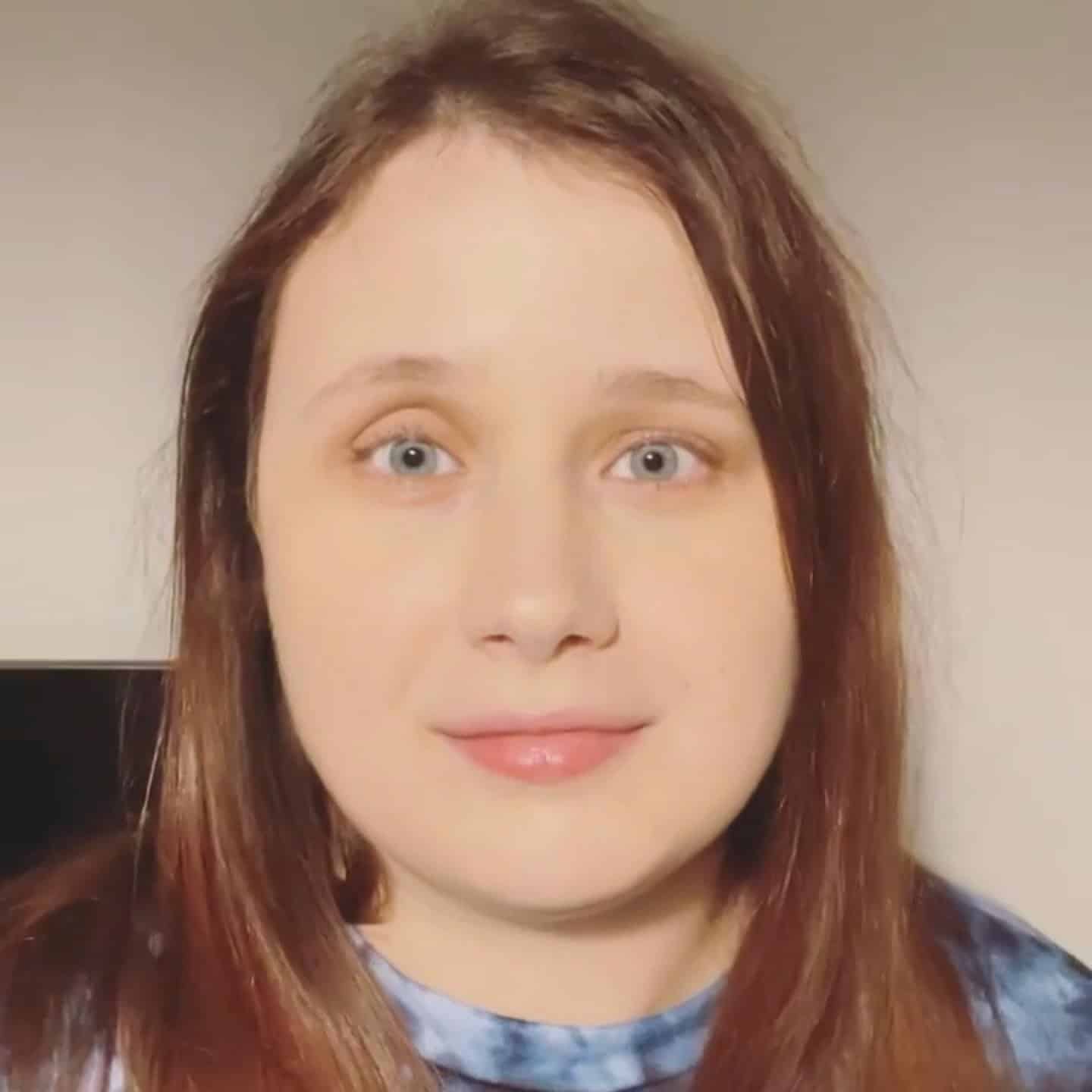
A Script Supervisor (often called the “Continuity Supervisor”) is the primary guardian of a film’s logic and visual consistency. They ensure that scenes shot out of sequence — often weeks apart — can be edited together seamlessly by tracking everything from actor movements and prop placement to dialogue changes and lens metadata.
Despite their integral role, the job of the script supervisor is to go unnoticed by the audience when the final product is shown in theaters around the world.
In this article, we’ll break down what a Script Supervisor does, how important that role is to a production, how to get a job as a script supervisor, and what you can expect to earn in this important film position.
Table of Contents
What Does a Script Supervisor Do?
While the director focuses on the “big picture” and emotional performance, the script supervisor is the master of the “micro-picture”. They are a one-person department who acts as the primary link between the set and the edit suite.
Core Responsibilities Across the Production Cycle
The role evolves as the production moves through its lifecycle:
- Pre-Production: They perform a deep-dive script breakdown to identify technical elements like props, wardrobe, and SFX. They also “time” the script to estimate the final runtime.+1
- Production: On set, they typically sit in “Video Village,” monitoring every take to ensure continuity in hair, makeup, and action.+3
- Post-Production: They deliver the “Production Book” or “Editor’s Bible,” which contains all shot notes, circle takes, and dialogue changes needed for a cohesive edit.

Qualifications of a Script Supervisor
No formal qualifications are required to become a script supervisor. However, if you are looking to pursue a career in script supervision and are keen on a vocational qualification, there are many course options available in both Bachelor’s and Masters levels at well-renowned colleges and institutions.

Other aspiring script supervisors complete intensive courses, workshops, and networking.
Like many roles within the film and television industries, experience and knowledge are what will set you apart from other candidates. If you aren’t able to formally study, try studying films and TV shows as you watch. Break them down into shots, time the scenes, study the pacing.
If you do have the opportunity to work on productions, collate a showreel of all your best projects and work as you go. Over time, you’ll have a brilliant portfolio to show your skills – remember, show, don’t tell people how awesome you and your work are!
Many production assistants forge a path into script supervision. They spend a few years in a junior position, before moving onto assist a working script supervisor in their work. During these early years, you can network, build a contact list, and familiarize yourself with the industry and film set roles.
A minimum of 30 weeks working on a film set is required before you can move onto script supervision on multi-camera productions.
Essentially, script supervisors need to be organized, have a sharp eye for detail, and be great communicators. With many voices clamoring to be heard on a film set, it’s important that the script supervisor’s is one of the loudest. They work independently, a whole department of their own, and should therefore be ready to speak up when there’s an error.
Not to mention, script supervisors must love taking notes and collating them.
To “Scripty” or Not to “Scripty”
The term “Scripty” is a long-standing industry shorthand for the Script Supervisor. However, its usage in 2026 has become a point of professional etiquette.
While many veterans use the term affectionately, some modern professionals find it diminutive or “cutesy” for a role that carries immense responsibility.
Pro-tip: When starting on a new set, it is best to address them by their professional title or name. Wait for them to use the shorthand themselves before adopting it.
Celtx gives you the tools to write, plan, and produce — all in one place.
Start for free today.
How to Perform a Script Breakdown (The Celtx Way)
The script breakdown is the foundation of the supervisor’s work. Doing this manually with highlighters and paper is increasingly rare and prone to error.
Using Celtx’s automated breakdown tools, a supervisor can:
- Tag Elements: Instantly identify characters, props, and wardrobe items across the entire script.
- Generate Reports: Export detailed reports for every camera shot to share with department heads.
- Sync Changes: When the director changes a line on set, the supervisor can update the shooting script digitally, ensuring the editor receives the most current version.
For a deeper dive: How to Do a Script Breakdown (With Video Tutorial)
2026 Script Supervisor Salary and Career Outlook
As of 2026, the demand for script supervisors has grown alongside the rise of high-budget streaming series.
| Production Type | Estimated Day Rate (USD) | Annual Salary Range |
| Independent/Low Budget | $350 – $550 | $45,000 – $65,000 |
| Union (IATSE Local 871) | $650 – $950+ | $85,000 – $140,000+ |
| Major Motion Pictures | Negotiable (Premium) | $150,000+ |
Note: Salaries vary based on location, experience, and union status.
How to Become a Script Supervisor
Like in most areas of the film industry, there is no “correct” path, but a combination of technical knowledge and set experience is mandatory
How to Become a Script Supervisor
- Education and Training
While formal degrees in Film (BFA or MFA) are common at institutions like Boston University, many professionals take intensive, vocational workshops focused specifically on continuity.
- Gain Set Experience
Most aspiring supervisors start as Production Assistants (PAs). To move into multi-camera productions, you generally need at least 30 weeks of experience on a professional film set.
- Essential Skills
– Attention to Detail: You must notice if a glass of water is half-full in Take 1 but nearly empty in Take 2.
– Assertiveness: You must be comfortable telling a director that a shot won’t cut together, even when the schedule is tight
– Organization: You are responsible for the most detailed logbook on the entire production.
Challenges Faced by Script Supervisors
The role is notoriously high-pressure. Script supervisors must manage:
- Conflicting Opinions: Balancing the director’s vision with the practical needs of the editor.
- Tight Schedules: Making accurate notes and timing adjustments during 12-hour shooting days.
- Communication Gaps: Ensuring all departments are notified of script changes in real-time.
Unforeseen production changes also present an opportunity for things to go awry on a film set. Notes provided by a script supervisor can help to prevent as much disruption as possible, as well as the extensive prep completed pre-production.
This is why preparation for a script supervisor is vital to ensuring the shoot goes as smoothly as possible. If every shot and scene is broken down beforehand, the script supervisor is then best prepared to alleviate any production mishaps.

FAQ
Many professionals consider it demeaning because it harks back to the “script girl” era. It is safer and more professional to use the official title: Script Supervisor or Continuity Supervisor.
A script reader evaluates unproduced scripts to help producers decide what to buy. A script supervisor works on the live set to ensure the script is filmed correctly so it can be edited without errors.
No. Despite the name, they do not manage the writers. They supervise the integrity of the script during filming, ensuring dialogue and actions match the “locked” version of the screenplay.
A circle take is a specific performance that the director prefers for the final edit. The script supervisor literally circles the take number on their log so the editor knows where to start.
Yes. While a degree in film can help with networking, most professionals start as Production Assistants (PAs) and move into “trainee” or “apprentice” roles under established supervisors to learn the technical note-taking skills required.
Conclusion
After diving deep into the world of the script supervisor, it’s honestly a bit of a mystery why every single production doesn’t have one on speed dial. As we’ve seen, a great “scripty” brings way more than just a second pair of eyes; they bring the glue that holds the entire story together.
By staying across the entire production and focusing on the logic of every shot, you have the power to take a project from “good” to “great”. Because you’re privy to how every department works, it’s no surprise that many script supervisors naturally evolve into directors, producers, or script editors. The wealth of knowledge you build on set is like a masterclass in how movies are actually made.
If you’re thinking about starting this journey, remember that while a formal course is a great foundation, your best tools are going to be your own eyes and ears. Start networking, build those contacts, and don’t be afraid to practice breaking down your favorite scripts right from your couch.
The pressure is real, but so is the reward of seeing a perfectly seamless final cut. Keep your communication sharp, stay organized, and trust your gut. You’ve got this.
Good luck!
Ready to master your next production?
Start by organizing your creative vision with the Celtx Script Breakdown tool today.
Up Next:

Beyond the Set: Exploring Different Jobs in the Film Industry
Curious how the script supervisor fits into the wider production team? Explore key film crew roles and responsibilities across development, production, and post.
